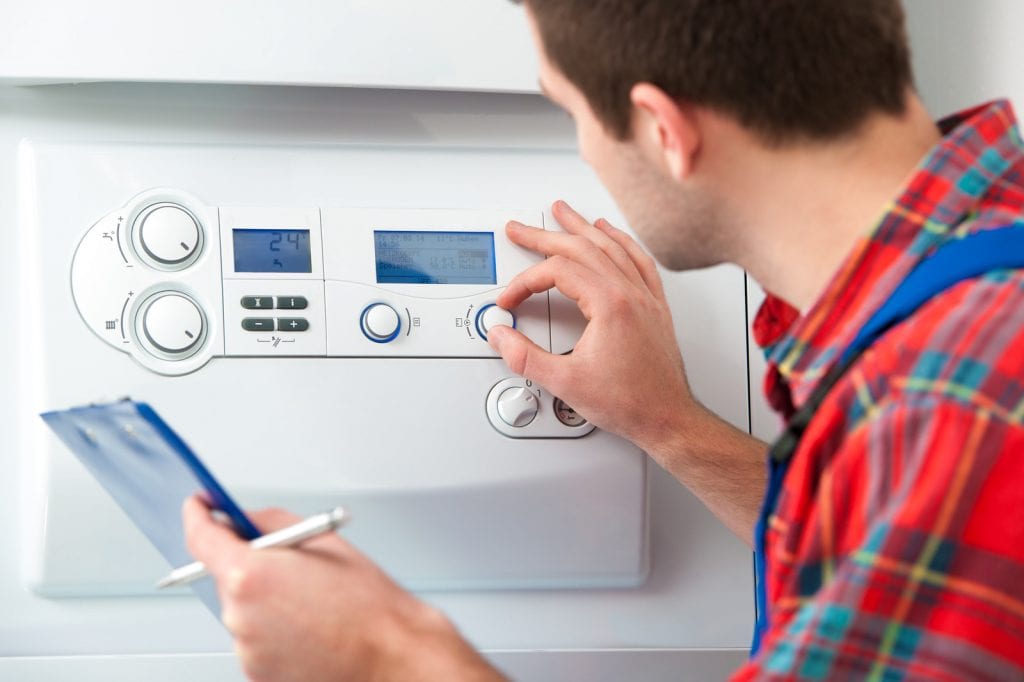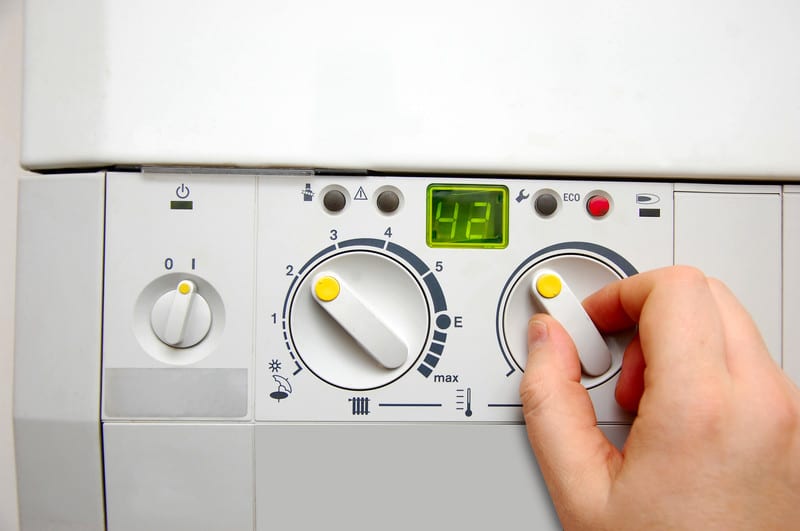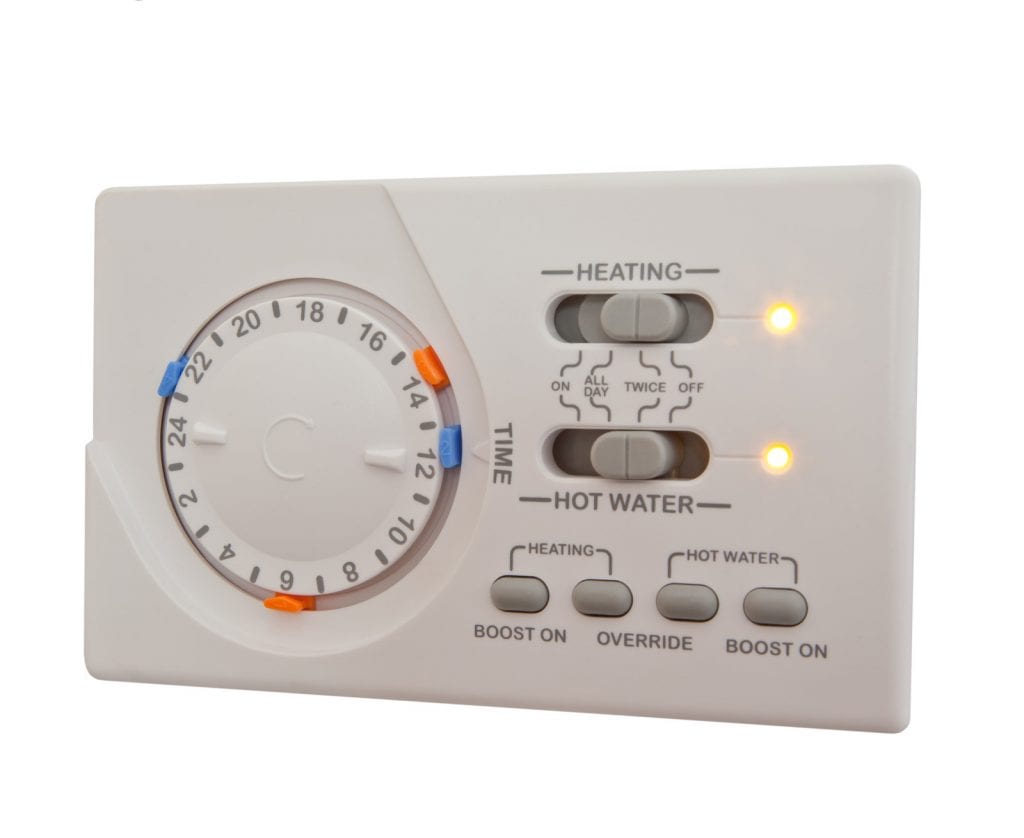What to do Before a Boiler Upgrade

If you are thinking about a oil boiler upgrade or a gas boiler upgrade, is not the cheapest thing in the world that you can do but on the plus side though, upgrading your boiler is a sound long term investment because it will greatly reduce the cost of your central heating bills which means the upgrade easily […]
Tips for Boiler Maintenance During the Summer

Boiler Maintenance – Last year, Ireland was lucky enough to have one of the best summers it has experienced in many a year. Early indications have hinted that this summer could be every bit as good, with sunshine expected to be the norm for months on end. When the weather is warm and sunny there […]
Boiler Upgrade FAQ

Boiler Upgrade FAQ – Nothing lasts forever in this world and your gas/oil boiler is certainly no exception. It is an unfortunate inevitability that boiler deteriorates in terms of efficiency over time. When they lose the ability to convert an acceptable level of fuel into usable heating energy it becomes high time that they were […]
Alternatives to a Boiler Upgrade

Alternatives to a Boiler Upgrade – There are a great many problems which can arise in relation to gas and oil boilers. Do not despair though, as with many potential problems come many potential solutions! When a boiler stops working properly, it is human nature to expect and fear the worst; that your boiler is […]